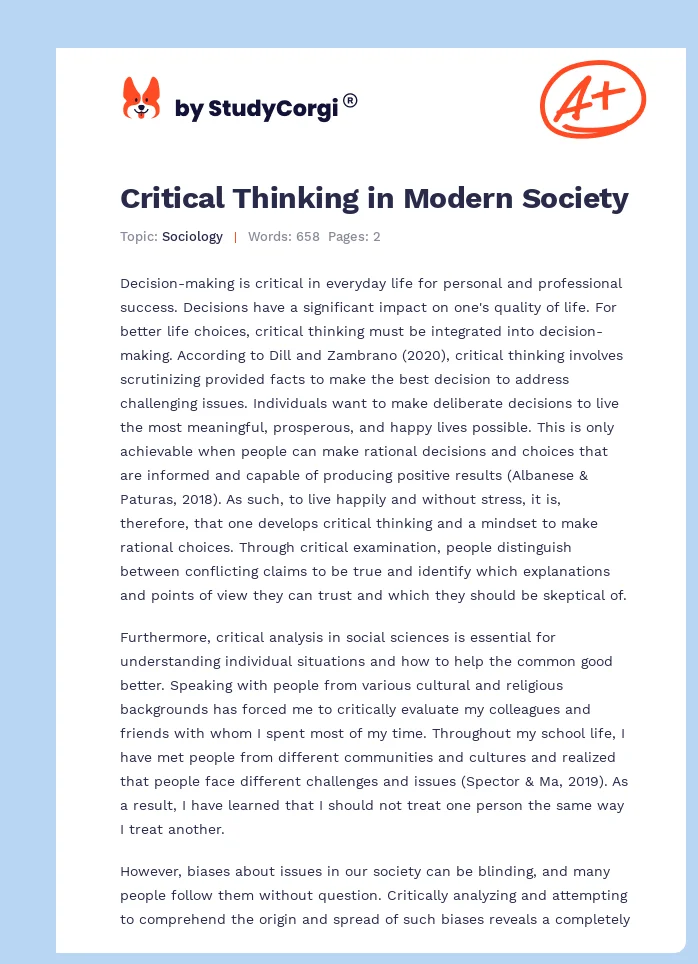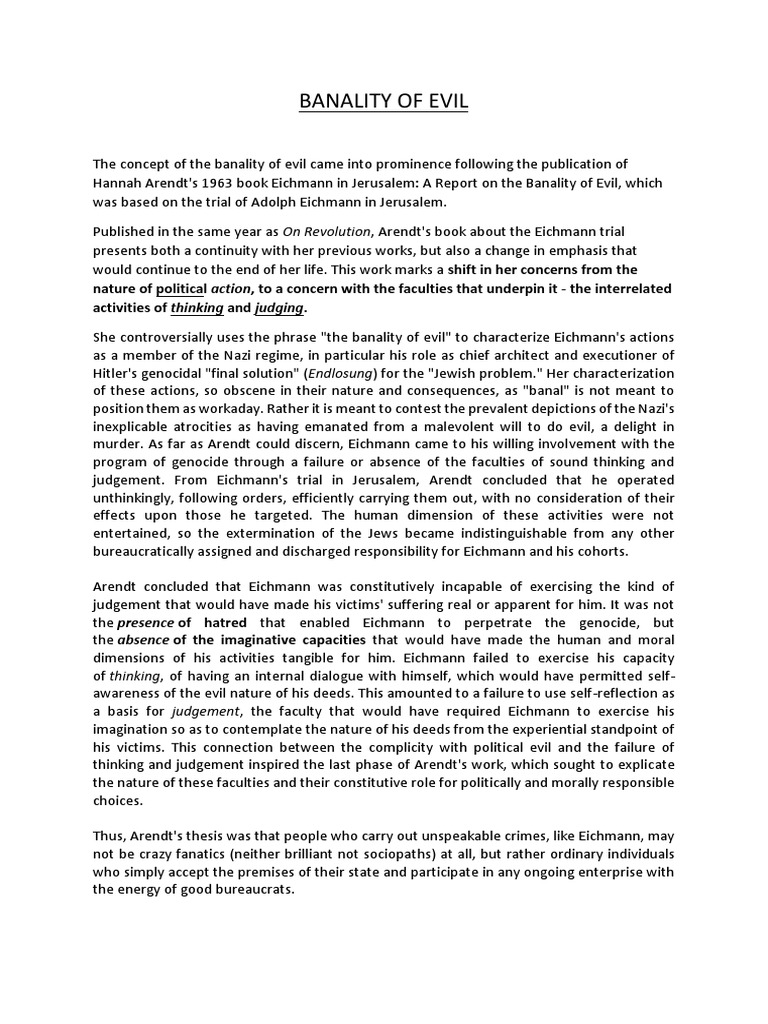In an age where information is abundant and attention spans are fleeting, understanding complex concepts like “banality” becomes increasingly important. The term “banality” has recently resurfaced in discussions about societal behavior, media narratives, and even political discourse. But what exactly does it mean? This article explores the definition of banality, its historical roots, and real-world examples that illustrate its impact on modern society.
What Is Banality?
Banality refers to the quality of being ordinary, unoriginal, or lacking in depth. It often describes something that is so common or simple that it becomes unremarkable or dull. However, the concept takes on a more profound meaning when examined through the lens of philosophy and history.
The philosopher Hannah Arendt famously used the term “the banality of evil” to describe how individuals can commit horrific acts without any malicious intent, simply by following orders or conforming to societal norms. This idea was brought to light during the trial of Adolf Eichmann, a key figure in the Holocaust, who claimed he was merely following orders.
The Origins of the Term
The word “banality” comes from the French banalité, which means “commonplace.” In English, it has evolved to encompass not just the mundane, but also the lack of originality or moral depth. The concept gained significant traction in the 20th century, particularly after Arendt’s analysis of Eichmann’s trial.
In her book Eichmann in Jerusalem: A Report on the Banality of Evil, Arendt argued that Eichmann was not a monstrous villain, but rather a bureaucratic functionary who lacked the capacity for critical thought. His actions were not driven by hatred or ideology, but by a failure to think independently and empathize with others.
Modern Usage of Banality

Today, the term “banality” is used in various contexts, from literature and art to politics and social media. It often appears in discussions about how people respond to crises, how institutions operate, and how public figures behave.
Recent examples from online sources highlight the relevance of the term:
- “Evil is aided and abetted by the banality of institutions and their functionaries.” — Literary Hub, 17 Oct. 2025
- “This punishing process, thread by thread, inch by inch, keeps luridness from sinking into banality.” — Jerry Saltz, Vulture, 29 Sep. 2025
- “Bigelow’s real-time thriller about the banalities and actualities of a fictional-in-premise-only nuclear attack on the United States is Netflix’s best horse in the race at the Oscars this year.” — Ryan Lattanzio, IndieWire, 19 Sep. 2025
These quotes show how the concept of banality continues to resonate in contemporary discourse, especially in relation to power structures, media representation, and cultural production.
Real-World Examples of Banality

To better understand the concept, let’s look at some real-world examples:
-
Political Compliance: In many countries, citizens may follow policies or laws without questioning their morality or consequences. This blind compliance can lead to the perpetuation of harmful systems, even if individuals do not personally endorse them.
-
Media Repetition: News outlets often repeat the same narratives or headlines, leading to a sense of familiarity that can dull the public’s sensitivity to serious issues. This repetition can be seen as a form of banality, where the extraordinary becomes ordinary.
-
Social Media Trends: The rapid spread of viral content can create a culture of superficial engagement. People may participate in trends or hashtags without fully understanding their significance, contributing to a sense of banality in online interactions.
-
Corporate Behavior: Large corporations may engage in unethical practices while maintaining a facade of normalcy. This can be seen as a form of banality, where the focus on profit and efficiency overshadows ethical considerations.
Why Banality Matters
Understanding banality is crucial for fostering critical thinking and empathy. It reminds us that even the most mundane actions can have far-reaching consequences. By recognizing the banality of certain behaviors, we can become more aware of the choices we make and the systems we support.
In a world filled with noise and distraction, the ability to question the ordinary and seek deeper meaning is more important than ever. As Arendt’s work suggests, the true danger lies not in the presence of evil, but in the absence of thoughtful resistance to it.
How to Recognize Banality

Here are some ways to identify instances of banality in your daily life:
- Lack of Reflection: When people act without considering the broader implications of their actions.
- Repetition Without Meaning: When ideas or messages are repeated without adding new insights or perspectives.
- Conformity Over Critique: When individuals follow group norms without questioning their validity or ethics.
- Superficial Engagement: When people engage with complex issues in a shallow or surface-level manner.
By becoming more aware of these patterns, we can begin to challenge the banality that surrounds us and promote a more thoughtful, engaged society.
Conclusion
Banality is more than just a word—it’s a concept that reflects the dangers of complacency, conformity, and the loss of critical thought. From historical events like the Holocaust to modern-day media and politics, the influence of banality is evident in many aspects of our lives.
As we continue to navigate an increasingly complex world, it’s essential to remain vigilant against the forces that reduce the extraordinary to the ordinary. By embracing curiosity, empathy, and independent thinking, we can resist the banality that threatens to dull our collective conscience.
Stay updated with the latest news and insights on topics that matter to you.
Author: [Name]
Title/Role: [Journalist and Cultural Analyst]
Credentials: [With over a decade of experience covering social issues, media trends, and historical context in the United States.]
Profile Link: [Optional link to author profile]
Sources:
– Merriam-Webster
– Literary Hub
– Vulture
Related Articles:
– What Is the Banality of Evil?
– Understanding Modern Political Discourse
– The Role of Media in Shaping Public Opinion
Schema Markup:
{
"@context": "https://schema.org",
"@type": "Article",
"headline": "What Is Banality? Understanding the Concept and Examples",
"description": "Explore the meaning of banality, its historical roots, and real-world examples that highlight its impact on society.",
"author": {
"@type": "Person",
"name": "[Name]"
},
"publisher": {
"@type": "Organization",
"name": "[Publication Name]",
"logo": {
"@type": "ImageObject",
"url": "[Logo URL]"
}
},
"datePublished": "2025-10-25"
}
Featured Snippet (40-60 words):
Banality refers to the quality of being ordinary, unoriginal, or lacking in depth. Coined by Hannah Arendt, it highlights how individuals can commit harmful acts without malice, simply by following orders or conforming to societal norms. Understanding banality is essential for fostering critical thinking and empathy in a complex world.
CTA:
Explore today’s headlines and stay informed about the issues shaping our society.












More Stories
Top Running Back Rankings for Week 8: Expert Analysis and Projections
US Trending News: Everything You Need to Know About the San Jose Civic Center
US Trending News: Everything You Need to Know About San Jose Sharks Ice: Rink Conditions and Game Day Insights